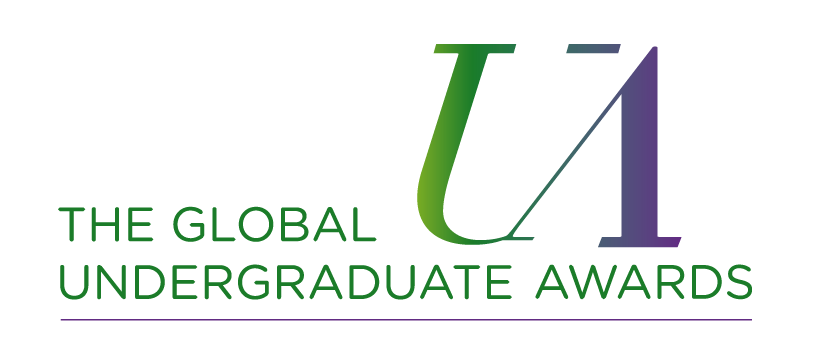Document Type
Article
Publication Date
2014
Abstract
Under Canada’s Companies’ Creditors Arrangement Act RSC 1985, c C-36 (“CCAA”), a restructuring plan typically releases creditor claims against the debtor company. Occasionally, a restructuring plan will also release creditor claims against third parties, such as the debtor’s auditor. These releases are known as third-party releases. Third-party releases are a controversial feature of Canadian restructuring proceedings. Nonetheless, the approval of third-party releases is an emerging trend under the CCAA. In 2013, Morawetz J approved a $117 million settlement in an Ontario class action. The settlement was approved as a part of the Sino-Forest Corporation CCAA proceeding. It gave Ernst & Young a full third-party release and barred opt-outs. Some class members argued that the settlement was unrelated to the restructuring and that it violated their opt-out rights under Ontario’s class action legislation. Morawetz J approved the settlement with the third-party release, holding that opt-out rights can be compromised in a CCAA proceeding. Thus, his decision is significant to both insolvency and class action law. This paper analyzes the decision and its implications. The decision demonstrates that CCAA courts are increasingly willing to approve third-party releases, which is a positive development in the law. Proper third-party releases can lead to faster negotiations, larger settlements and smoother restructurings. Thus, releases can maximize benefits for stakeholders and minimize strain on the courts. The decision also clarifies the relationship between the CCAA and class action legislation, striking a suitable balance between insolvency and class action policy goals.




